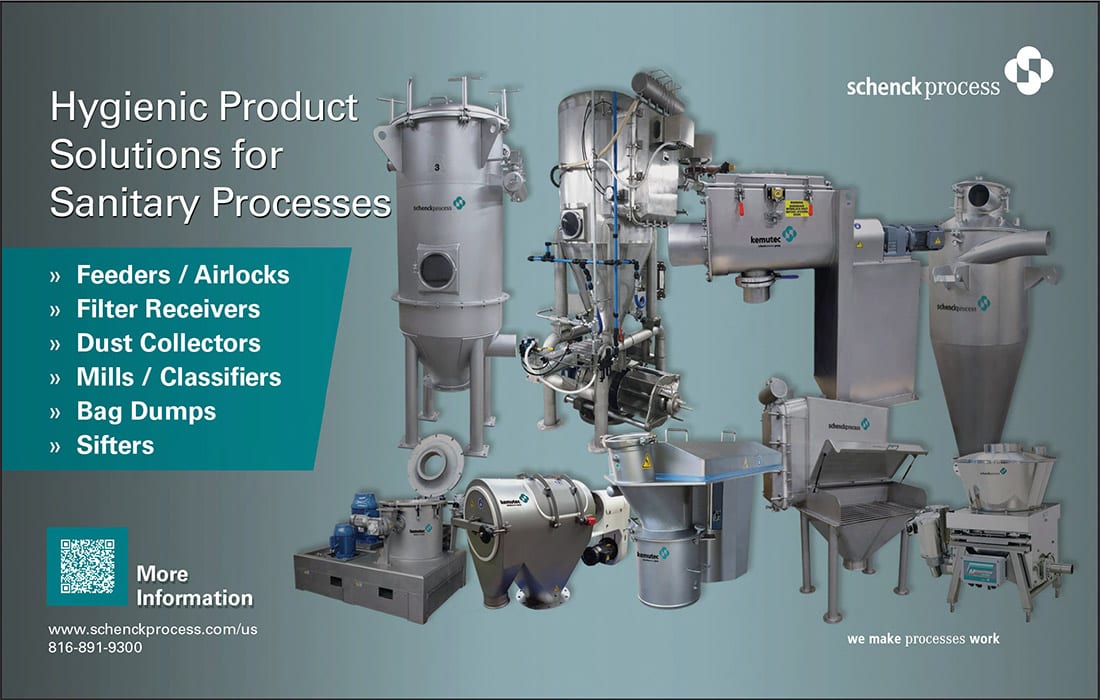Anti-counterfeiting measures will increase in demand due to growth in e-commerce and greater quantity of counterfeit products due to global trade restrictions. Photo courtesy of IHMA
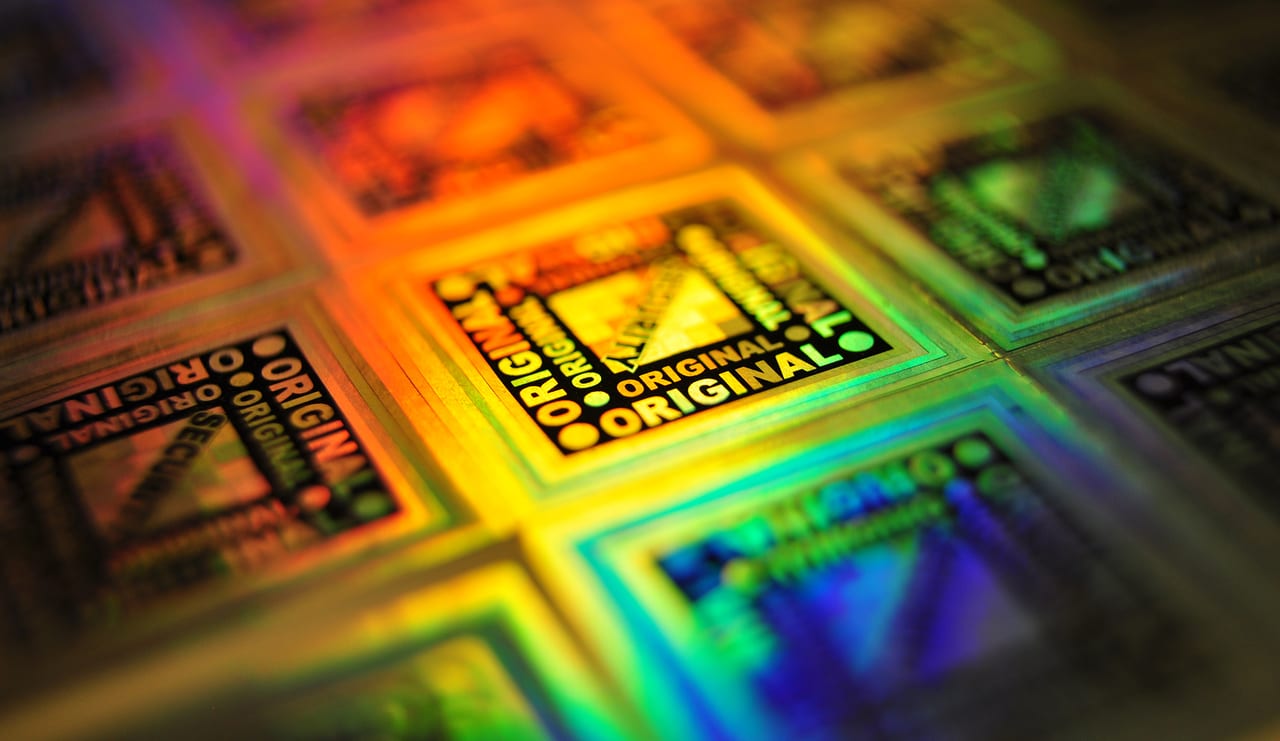
The global market for anti-counterfeiting, brand protection and security packaging is currently worth an estimated $3.24 billion, with market value forecast to increase at a CAGR of 5.6% for than $4.26 billion by 2026, according to research firm Smithers.
COVID-19 has led to an increase in the quantity of counterfeited products in many parts of the world, due to restrictions in global trade. This, coupled with the huge growth of the e-commerce industry in 2020, has increased demand for anti-counterfeiting and brand protection solutions.
Key growth areas include pharmaceuticals and luxury goods, and track-and-trace solutions are one of the best performing technological sectors, as supply chain transparency has become a steadily more important issue for brand owners.
The International Hologram Manufacturers Association (IHMA) commented on The Future of Anti-Counterfeiting, Brand Protection and Security Packaging to 2026 report. Growth in packaging security devices appears “strong and potentially lucrative,” the IHMA says, in the face of a report that predicts increasing incidences of global counterfeiting alongside heightened awareness of tracing technologies.
The demand for anti-theft, product authentication, tamper-evidence and track and trace components will continue to grow even in static U.S. and European markets for packaging.
Security devices such as holograms on packaged goods can ensure quality and check the distribution and smuggling of illicit products while items not displaying them can be seized and destroyed.
Anti-counterfeiting use rises for packaging security
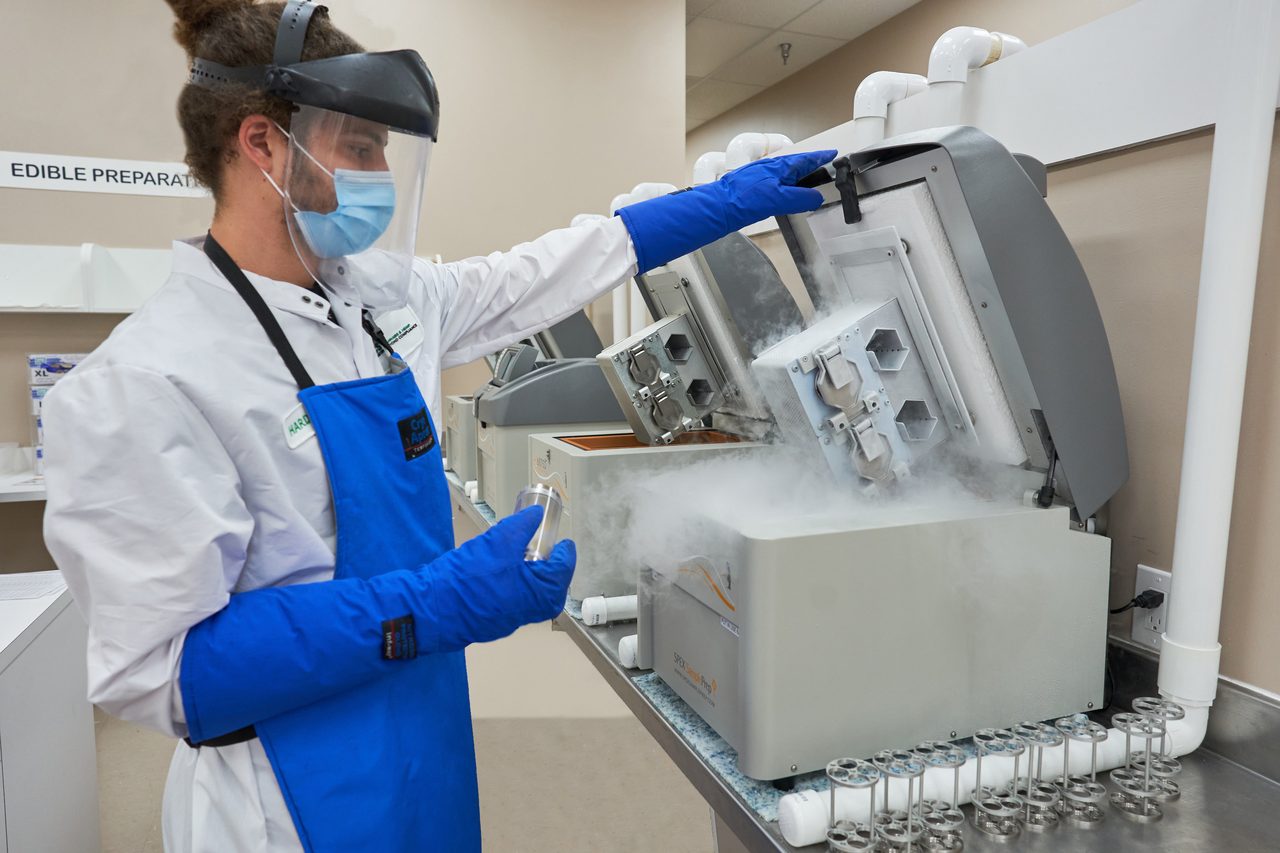
Endorsed by the American Cannabinoid Association, ACS Laboratory launches its Tested Safe Certified Seal Program to elevate industry standards and consumer trust. Photo courtesy of ACS Laboratory
ACS Laboratory, the largest state-of-the-art testing facility in cannabis and hemp testing in the eastern U.S., has launched a proprietary and trademarked Tested Safe Certified Seal program, which is endorsed by the American Cannabinoid Association.
The Tested Safe Certified Safety Seal is a physical symbol that products passed the strictest testing guidelines in the U.S. by an award-winning medical-grade laboratory. Unlike a mandated QR code that links to a Certificate of Analysis (COA) with detailed test results, the seal shows visual proof at a glance that consumers can trust a brand.
The trademarked seal signifies that hemp or cannabis products are backed by verified test results at an ISO-accredited, DEA-registered facility; free from contaminants, pesticides and solvents; accurately labeled; and safe to ingest.
ACS Laboratory developed a unique testing protocol and Certified Seal for each hemp and cannabis product. The Seal is not a generic icon; it is backed by a series of customized tests to match the strictest standards based on state and federal laws, as well as ACS Laboratory's recommended tests to elevate industry standards.
The lab testing scope of services include potency testing for 21 cannabinoids, 38 terpene profiles, 42 residual solvents, screening for 105 pesticides, moisture content, water activity, microbiology panels, heavy metals screening, flavonoid testing for 16 profiles, micronutrient testing, mycotoxins, Vitamin E acetate, shelf life & stability, plant regulators (PGRS), PAH testing and Pharmacokinetic Studies (PK) aka human trials.
ACS Laboratory Elevates Industry Standards with Tested Safe Certified Seal Program
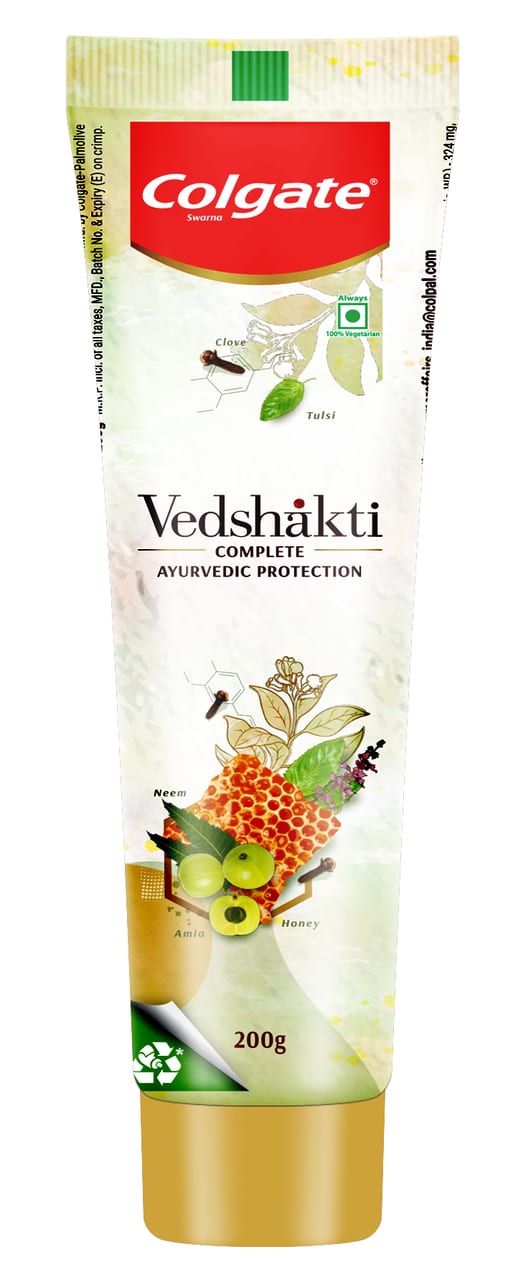
Colgate-Palmolive India is producing 100% recyclable toothpaste tubes created by EPL Ltd. Photo courtesy of Colgate-Palmolive India
Colgate-Palmolive India revises toothpaste tube for recyclability
EPL Ltd. (formerly Essel Propack Ltd.), a specialty packaging company, partnered with Colgate-Palmolive India to produce Recyclable Platina Toothpaste Tubes in India. This first set of recyclable tubes is the starting point for converting to 100% recyclable tubes for Colgate-Palmolive.
EPL is committed to bringing world-class tube packaging innovation to address growing requirements of customers on sustainability. The first-of-its-kind Recyclable Platina Tubes for Colgate-Palmolive still holds superior functionality and doesn't compromise on key product attributes and efficacies.
This innovation was enabled via EPL’s Association of Plastic Recyclers, USA (APR) approved 100% recyclable and fully recyclable Platina Tubes to pack Colgate Active Salt and Colgate Vedshakti, with other brands in the portfolio to follow.
Platina, an eco-friendly laminated tube, was designed by EPL to deliver source reduction and recyclability without the loss of any barrier properties. This offers product stability and durable shelf life of the package. Platina tube is especially suited for oral and beauty & cosmetics products. Platina tubes and caps are certified as 100% recyclable by The Association of Plastic Recyclers (APR) and RecyClass European certification for 'Code 2' (recycling), making it the first specialty packaging tubes and caps to be recognized as 100% recyclable, globally.
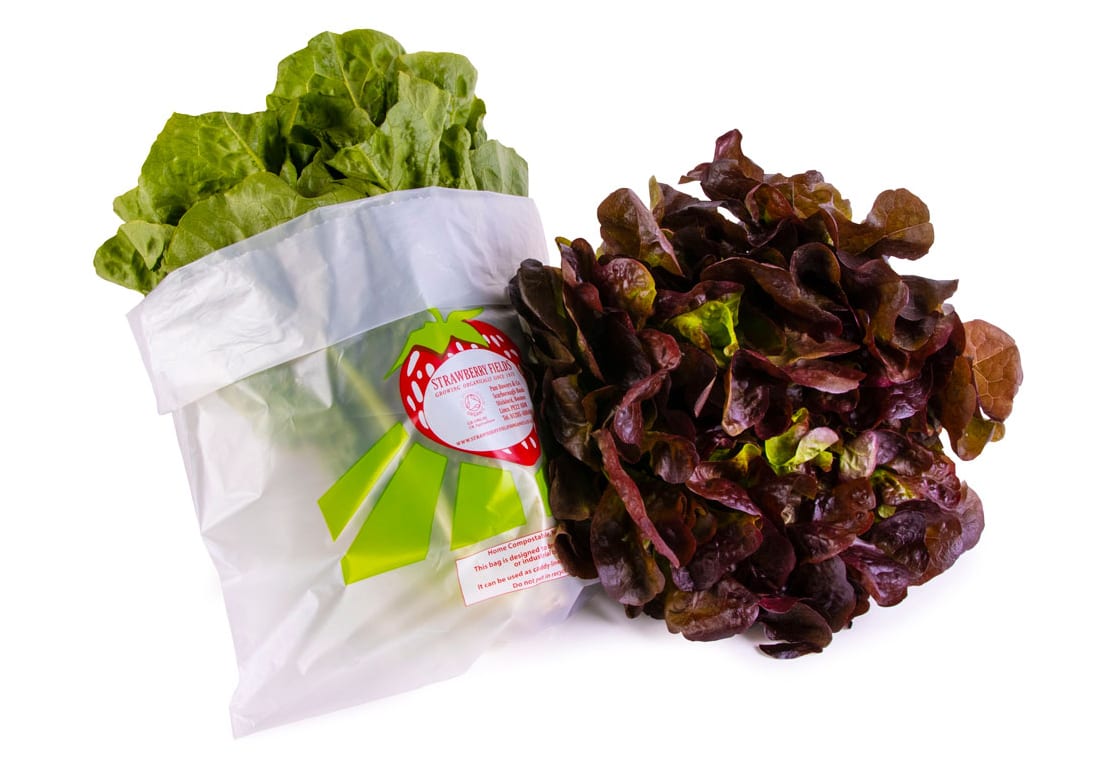
KM Packaging’s new bioplastic C BAG provides a compostable alternative for produce packaging. Photo courtesy of KM Packaging
Bioplastic produce bags offer compostability
The bio-plastic C-Range products from KM Packaging have been developed in partnership with Treetop Biopak, specializing in providing innovative compostable packaging solutions. The C BAG, part of the range, has similar properties and look and feel as conventional plastic.
The C BAG has features including home compostability, non-GMO raw materials, meets Soil Association Standard for packaging materials, very good impact and puncture resistance, water resistance, suitable for manual and automatic bagging lines, good material perforation for produce freshness and printable.

